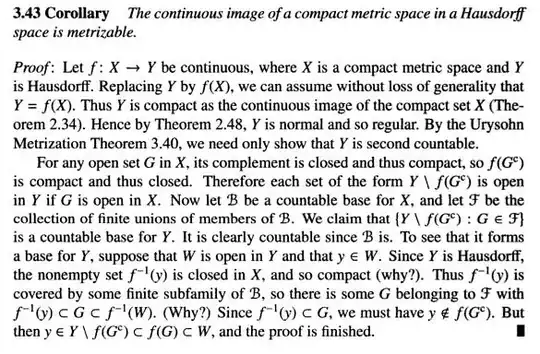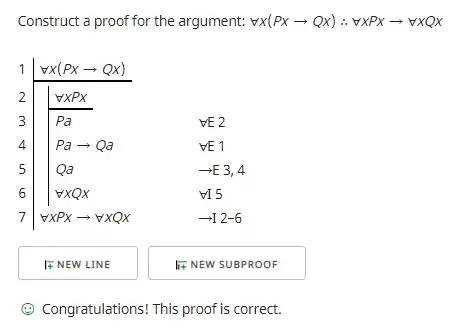This question already has very good answers, I'm gonna add a visualization for independents events using some special diagrams. In these diagrams proportion of events to sample space represents their probability. Our sample space is a rectangle of 9x5 = 45 units:

We have event A (3x5) so P(A) = 3x5/9x5 = 15/45 = 1/3:

And event B (9x3) so P(B) = 9x3/9x5 = 27/45 = 3/5:

These two events intersect as:

∩ occupies 3x3 units:

(∣) = (∩) / () so (∣) = 9/27 = 1/3. But this is same as P(A)!

and (∣) = (∩) / () so (∣) = 9/15 = 3/5. But this is same as P()!

As in the two last diagrams, occurrence of one event doesn't affect the probability of the other event, these two events are called independent. So knowledge about occurrence of one of them doesn't affect our knowledge about probability of the other one. But this is not because they have nothing in common, on the contrary they are kinda in harmony by wiping out (the given event reduces sample space to itself, so it wipes out its complement) sample space in such a way that the other event proportion to given event doesn't change. I'd like to remember them as perpendicular events.






